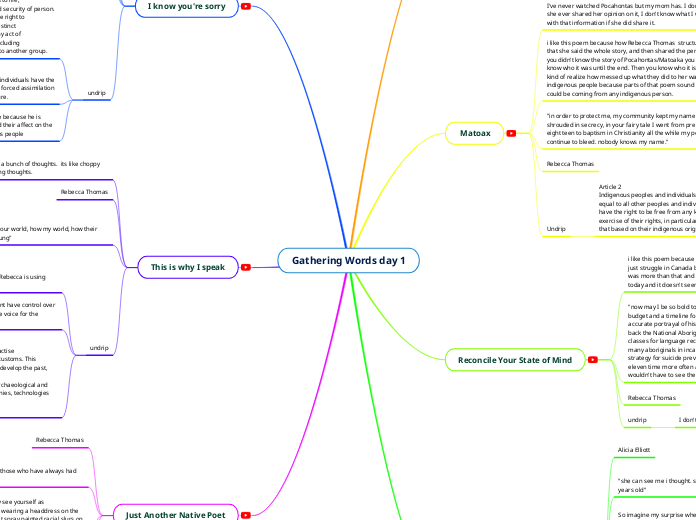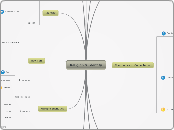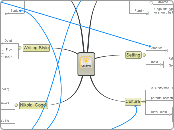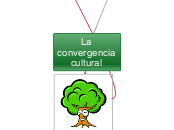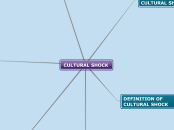Gathering Words day 1
Just Another Native Poet
i didnt see anything about this but i feel like there should be somewhere in undrip about indigenous people not being called indians under the law.
they also shouldnt need a card to prove theyre indigneous.
"do you know what it's like to only see yourself as appropriated? to see Karlie Kloss wearing a headdress on the runway half naked. being told that spray painted racial slurs on homes in Nova Scotia are isolated?"
"history's voice is color coded by those who have always had the right to vote for it"
i chose this cause its true. and its kind of deep. i mean we all know about white people being the dominant people in history but the way she said it just felt deeper than that.
This is why I speak
Article 11
1. Indigenous peoples have the right to practise
and revitalize their cultural traditions and customs. This includes the right to maintain, protect and develop the past, present and future
manifestations of their cultures, such as archaeological and historical sites, artefacts, designs, ceremonies, technologies and visual and
performing arts and literature.
she talks about how indigenous people didnt have control over their identity and she uses poetry to be the voice for the voiceless
i think this poem connects to this because Rebecca is using poetry to share why she speaks for
"giving the lyrics of how our world, how my world, how their world, their world was sung"
in this quote Rebecca corrects her self multiple times, about whos world it is and whos song it is.
i ilke this quote because of how it was presented, its choppy but together, like flowing thoughts
i like the way it feels like a bunch of thoughts. its like choppy and scrappy like bouncing thoughts.
I know you're sorry
theres alot of undrip connections in this one because he is mostly talking about residential schools and their affect on the younger and new generations on indigenous people
Article 8
1. Indigenous peoples and individuals have the
right not to be subjected to forced assimilation
or destruction of their culture.
Article 7
1. Indigenous individuals have the rights to life,
physical and mental integrity, liberty and security of person.
2. Indigenous peoples have the collective right to
live in freedom, peace and security as distinct
peoples and shall not be subjected to any act of
genocide or any other act of violence, including
forcibly removing children of the group to another group.
Leonard Sumner
"I know you're sorry. And now you call on me, to fix the broken hearts created by you're policies."
i don't think Canada did anything until recently. so until now its been up to indigenous people to heal everything torn apart by residential school. We are just starting truth and reconciliation.
"I know you're sorry. But you're more lost in me, you're lands have crossed the ocean and i'm right where i should be"
i chose this quote because i've thought about this for years. the British came over and just took land. And now we have no culture, we have nothing but stolen stuff and it feels weird to me at least. Every culture around us is so complex and feels like it would be cool to be apart of and then i'm just sitting here as a white person just, feeling lonely because of the lack of culture.
On Seeing and Being Seen
So imagine my surprise when a fellow writer—a white woman—told me during post-workshop beers that I was going to get published right away “because I was Native.” I knew that there was some talk about the literary community’s need to be more “diverse,” but as far as I knew that was all it was. Talk. I could count the Native writers I knew of with half a hand—none of whom were women, and none of whom were writing about Native women in a way I recognized.
The idea that the colonialism, racism, and sexism—which had systematically kept Indigenous women out of the literary community—could somehow be leveraged through some half-assed literary affirmative action to benefit me as an Indigenous woman was absurd. And yet this white woman believed it with her whole heart. And yet this white woman got into an MFA program and I got rejected from every one I applied to. Perhaps I hadn’t made it clear enough on the application that I was Native. Perhaps I had made it too clear on the application I was Native. It was hard to say.
this whole part is weird, a writer told her she would get published immideatly for being indigenous and then she kept getting rejected. writing is hard to get big in but being rejected possibly because she was too diverse, or wasn't diverse enough is crazy weird and messed up
"she can see me i thought. she can see me, i was twenty five years old"
knowing that someone only finally felt seen when they were 25 years old only now reading works by an indigenous author is weird, they shouldnt need to wait that long
Alicia Elliott
Reconcile Your State of Mind
undrip
I don't know what undrip article this would connect to
"now may I be so bold to make a suggestion. instead of a budget and a timeline for reconciliation, how about an accurate portrayal of history in our nations education? Bring back the National Aboriginal Health Organization? Institute classes for language reclamation? question why there are so many aboriginals in incarceration? or at least develop a strategy for suicide prevention because we kill ourselves up to eleven time more often and if we had one, Dakota kids wouldn't have to see their little brothers in coffins."
I chose this part of the poem because its a really big wake up for people who don't know about what has and hasn't been given to indigenous people. it kind of is like a big "what?" towards the government seeing how little they helped out indigenous people.
i like this poem because it shows that indigenous people didn't just struggle in Canada because of residential schools, there was more than that and people are still feeling the effects today and it doesn't seem like a lot has been done.
Matoax
Undrip
Article 2
Indigenous peoples and individuals are free and
equal to all other peoples and individuals and
have the right to be free from any kind of discrimination, in the exercise of their rights, in particular
that based on their indigenous origin or identity.
it connects to this becasue Rebecca shares Matoaka's story and how her culture and life was taken from her
Rebecca Thomas
"in order to protect me, my community kept my name shrouded in secrecy, in your fairy tale I went from pre teen to eight teen to baptism in Christianity all the while my people continue to bleed. nobody knows my name."
i chose this because of the way she preforms the poem. like she is Matoaka herself and she's venting about how nothing is really right anymore, about how her life was kind of taken from her. She's angry and pissed and she has the right to be.
i like this poem because how Rebecca Thomas structured it is that she said the whole story, and then shared the person. so if you didn't know the story of Pocahontas/Matoaka you wouldn't know who it was until the end. Then you know who it is and you kind of realize how messed up what they did to her was and all indigenous people because parts of that poem sound like they could be coming from any indigenous person.
I've never watched Pocahontas but my mom has. I don't think she ever shared her opinion on it, I don't know what I would do with that information if she did share it.
Follow the rock
Jacob Thom
what i learned
i learned about the opening ceremonies for the tournament and how cultural it is
i learned that this tournament makes the player compete their hardest and then they leave it all on the court and they are really friendly to each other outside the game
i learned about the all native basketball tournament
"some people are singers. some people are dancers. hunters, artists and culture keepers. I am a basketball player.
Fisherman follow the seasons. hunters follow the game trail. singers follow their voice. I am a basketball player, I follow the rock."
i think i chose it because the way he spoke it, it sounded very poetic and simple.
this quote shows how complex indigenous communities are because they have all these people with a part to play with helping the community, and some people don't but they are still apart of the community.
